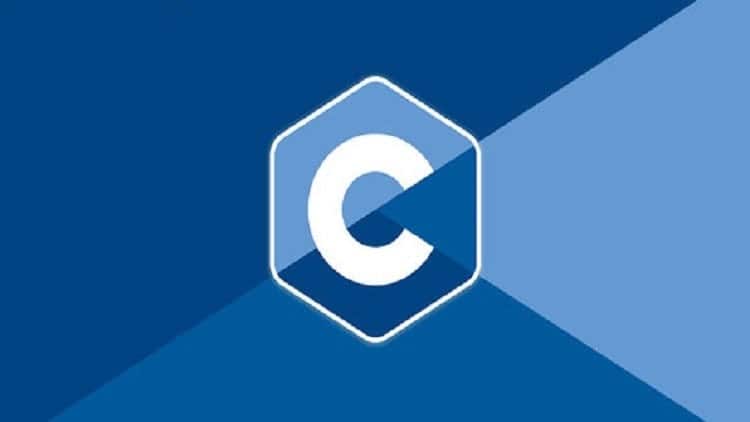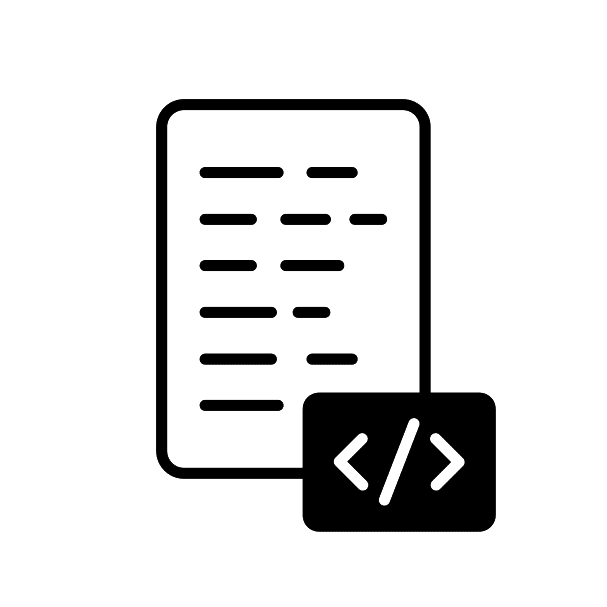Master the foundational programming language, C, and open the door to coding excellence

Our teachers and tutors graduated from top universities








Overview

Customized curriculum
We'll find a tutor who can make sure you're prepared for the A-Level Accounting exam with customisable lessons catered to fit your needs.

Flexible
Take lessons only when you need them—as little or as many as necessary until you feel confident.

Private lesson
No need to accommodate other students. Learning is customised your perfect pace and difficulty so you are always improving.
About C
The C programming language, with its roots dating back to the early 1970s, maintains a lasting influence on the programming field. Its unique blend of low-level capabilities makes it ideal for system programming, including tasks like developing operating system kernels and hardware drivers. What distinguishes C is its remarkable balance between efficiency and simplicity, offering unmatched performance for system-level duties.
One of C’s key strengths is its portability, enabling software to run seamlessly on diverse hardware platforms. This feature is particularly valuable in embedded systems, where limited resources and high performance are essential. C provides direct memory access through pointers, facilitating efficient data structure manipulation and rapid program execution.
Often hailed as the universal programming language, C serves as the foundation for many high-level languages like C++, Python, and Java. Its syntax and core principles have left a significant mark on modern programming languages, emphasizing its foundational importance. Proficiency in C not only serves as a stepping stone for mastering other languages and technologies but also fosters adaptability and versatility among developers.
The C Standard Library enhances the language’s capabilities by providing a set of functions for tasks such as input/output operations, string manipulation, and memory allocation. This library plays a crucial role by standardizing these operations across different operating systems, promoting code reusability and maintainability.
Furthermore, the active C community continually contributes to its extensive ecosystem, offering a wealth of open-source libraries and tools. With this mature and supportive community, programmers have abundant resources for learning, debugging, and improving their C coding skills.
From system software to databases, computer graphics to machine learning, C’s applications span a wide range, highlighting its versatility and indispensability in today’s technology landscape. Given its enduring relevance, learning C is akin to acquiring a timeless skill—an essential understanding of computer internals that proves invaluable in any computing endeavor.
Description
Unlocking the realm of C programming offers a fast track to mastering other languages, considering it as the foundational ‘mother language’ of modern programming. Known for its speed, C boasts relevance in gaming, banking, IT, education, and beyond. This comprehensive course equips you with proficiency in C programming, covering fundamentals and guiding you to create your initial program.
Whether your ambition is to become a software engineer, delve into game development, or explore various tech domains, a robust C programming foundation is indispensable. Developed in collaboration with industry experts, this course ensures not only language mastery but also practical skills for real-world applications, propelling you toward success in the ever-evolving tech landscape.
What you will learn
- Dive deep into the essential principles of C programming, including key areas like enums, different data types, nested loops, precise loop control, pointers, and arrays.
- Establish a firm theoretical foundation.
- Implement these fundamental concepts to build your inaugural program.
Requirements
- Ages 13 – 18
- Basic understanding of programming terminologies
- Interested in starting their own audio show or podcast
Student FAQs About Coding with C
C is an excellent choice for beginners in computer science. Learning C provides a deep understanding of the intricate relationship between software and hardware, which is foundational when progressing to more advanced programming languages. Its straightforward syntax allows beginners to concentrate on core programming concepts without distractions.
Absolutely! Despite being one of the older programming languages, C maintains its relevance across various domains. It plays a critical role in system programming, embedded systems, and even modern software development. Proficiency in C can provide a competitive advantage, especially in fields like cybersecurity and data science.
While C, C++, and C# share similar names, they are distinct languages with their unique characteristics. C is procedural, whereas C++ incorporates object-oriented features. C# (C Sharp) is a language developed by Microsoft, primarily for web and Windows application development. While familiarity with C can facilitate learning these languages, it’s important to recognize their differences.
To begin C programming, you’ll require a text editor for writing code and a compiler for translating it into machine language. Many Integrated Development Environments (IDEs), such as Code::Blocks or Visual Studio, conveniently bundle these tools. Additionally, there is a wealth of online tutorials, books, and beginner-friendly courses readily available.
Novice programmers often face challenges like uninitialized variables, mishandling memory allocation, or overlooking compiler warnings. Developing an understanding of the debugging process and paying close attention to error messages can be highly beneficial in navigating these common issues.
How it works
1
Request a tutor
Let us know your goals and age range. We'll figure out a plan to help get you there.
2
Match with a tutor
We'll recommend you a tutor based on your needs and goals, or you can request a specific tutor.
3
Start a free trial
Experience a free trial lesson with your new tutor and see if your learning style matches.
4
Keep it up!
If everything went well, sign up to keep going! You can choose the pacing of the lessons
Need more info?
Let's talk.
Leave your phone number, and we’ll call you back to discuss how we can help you.


